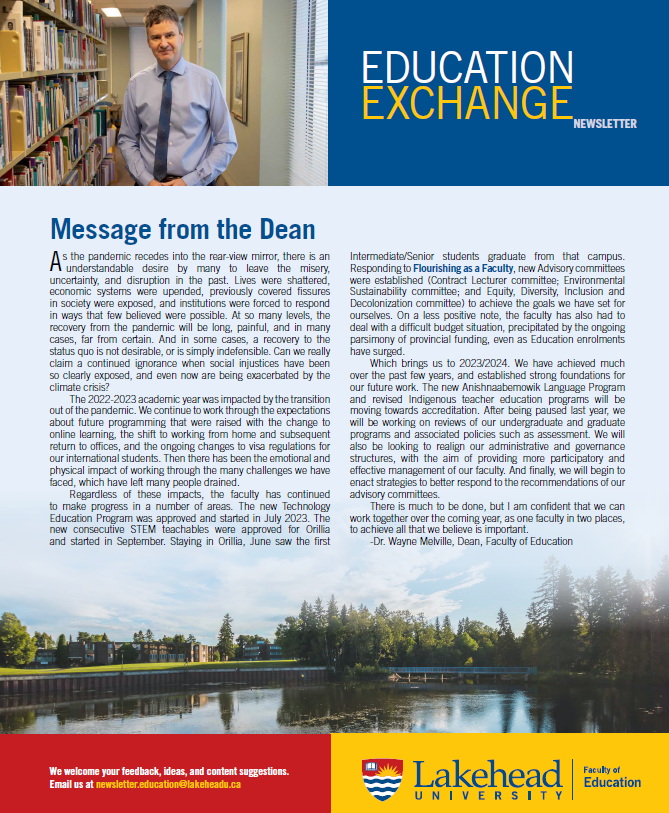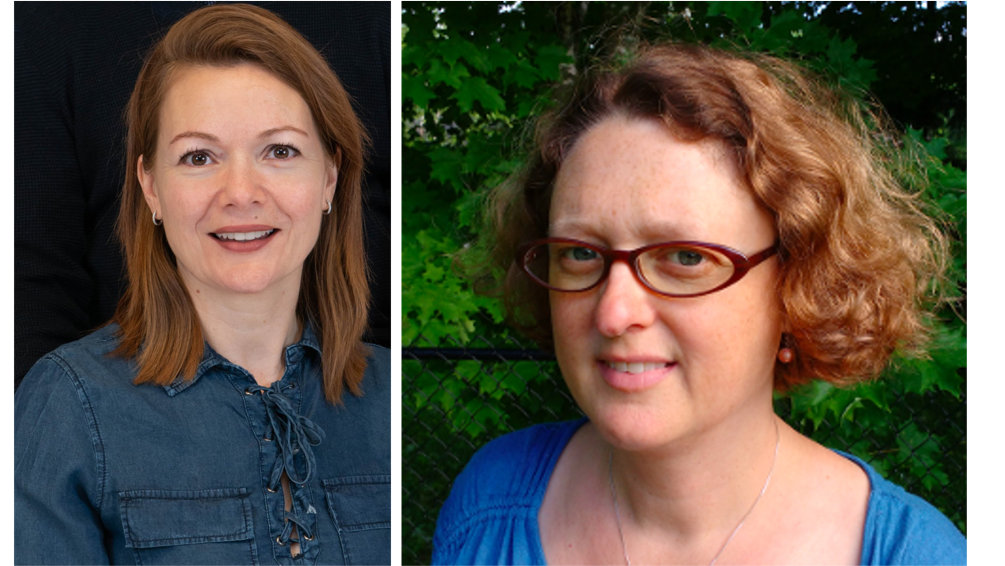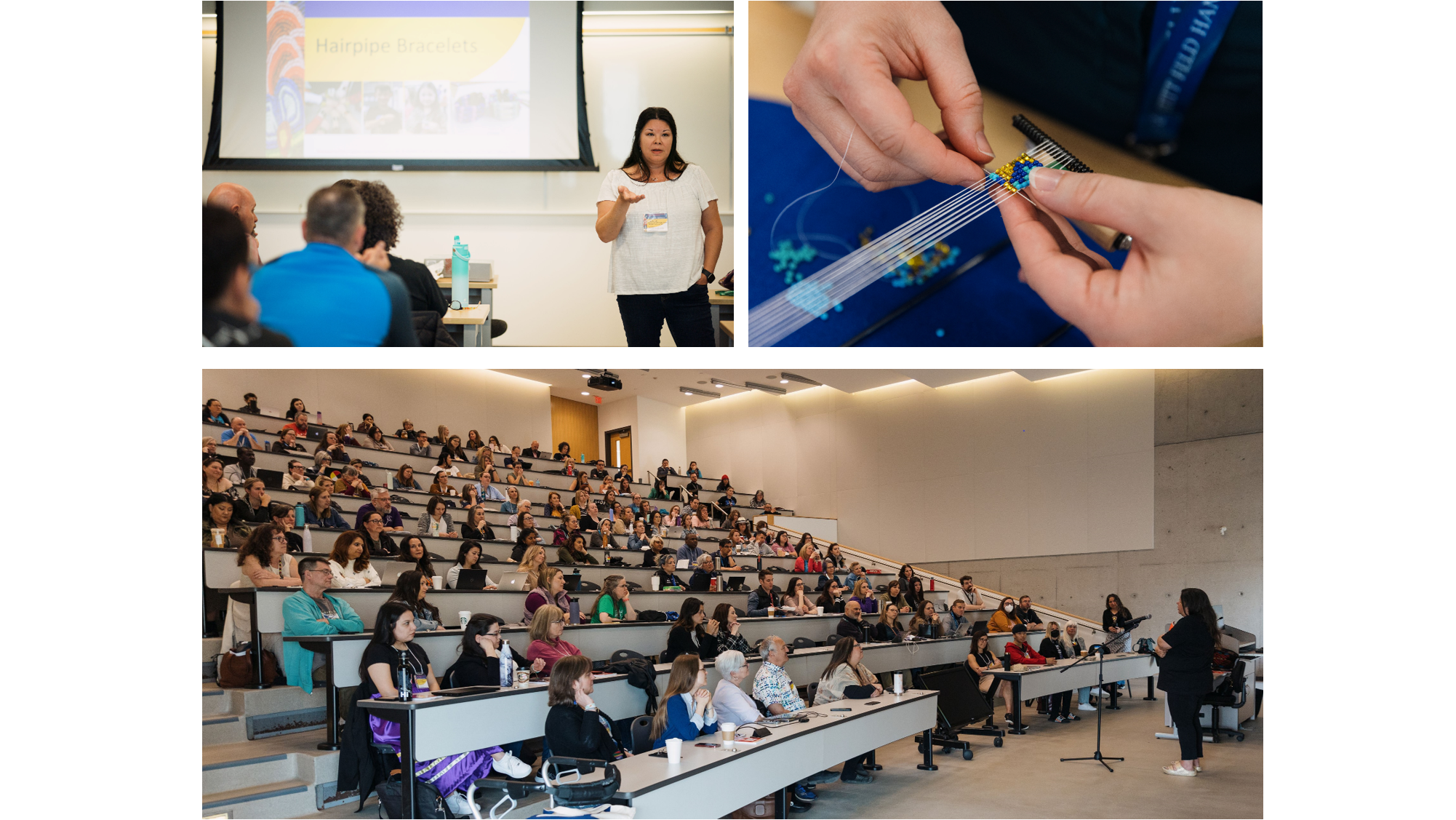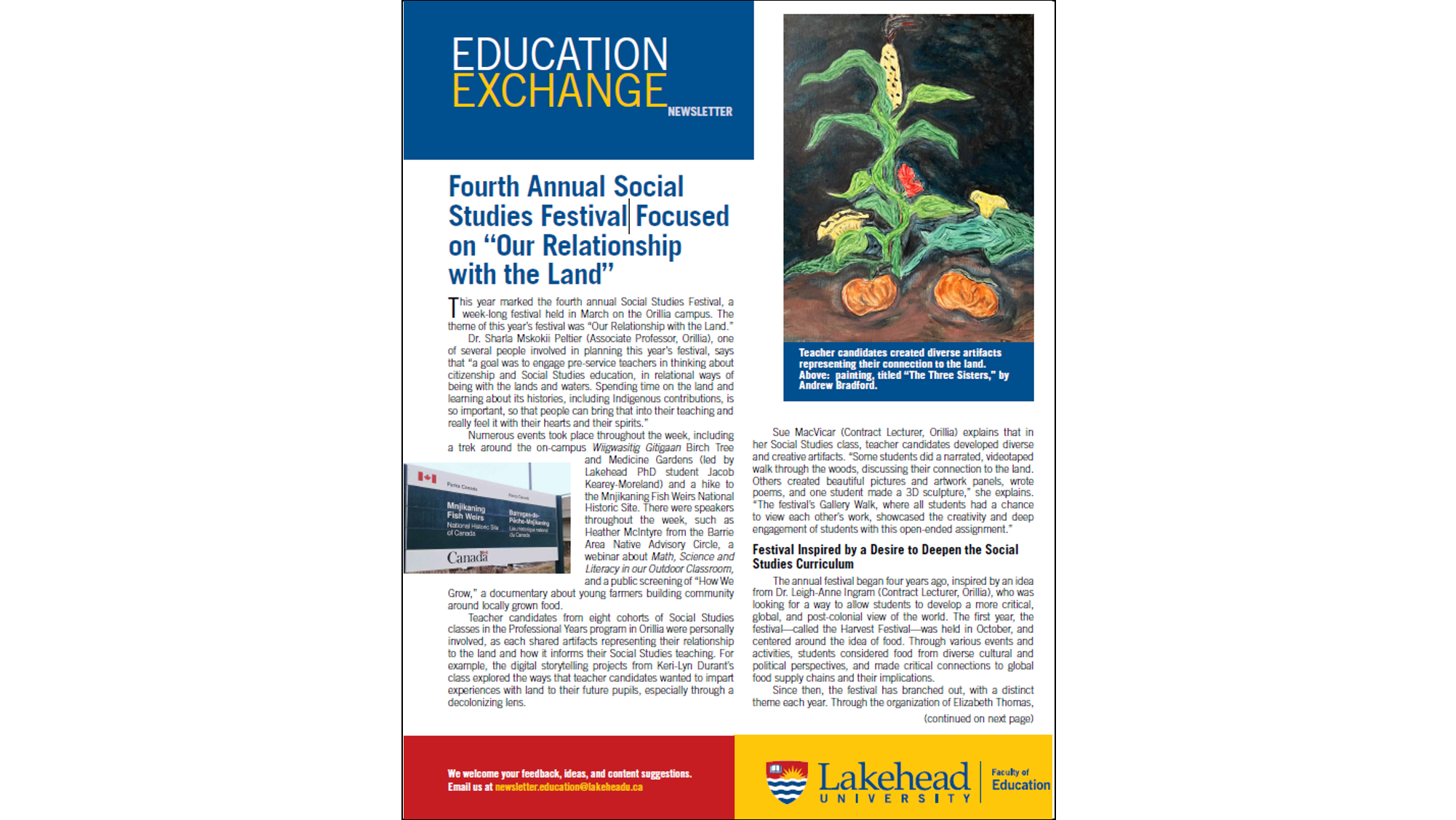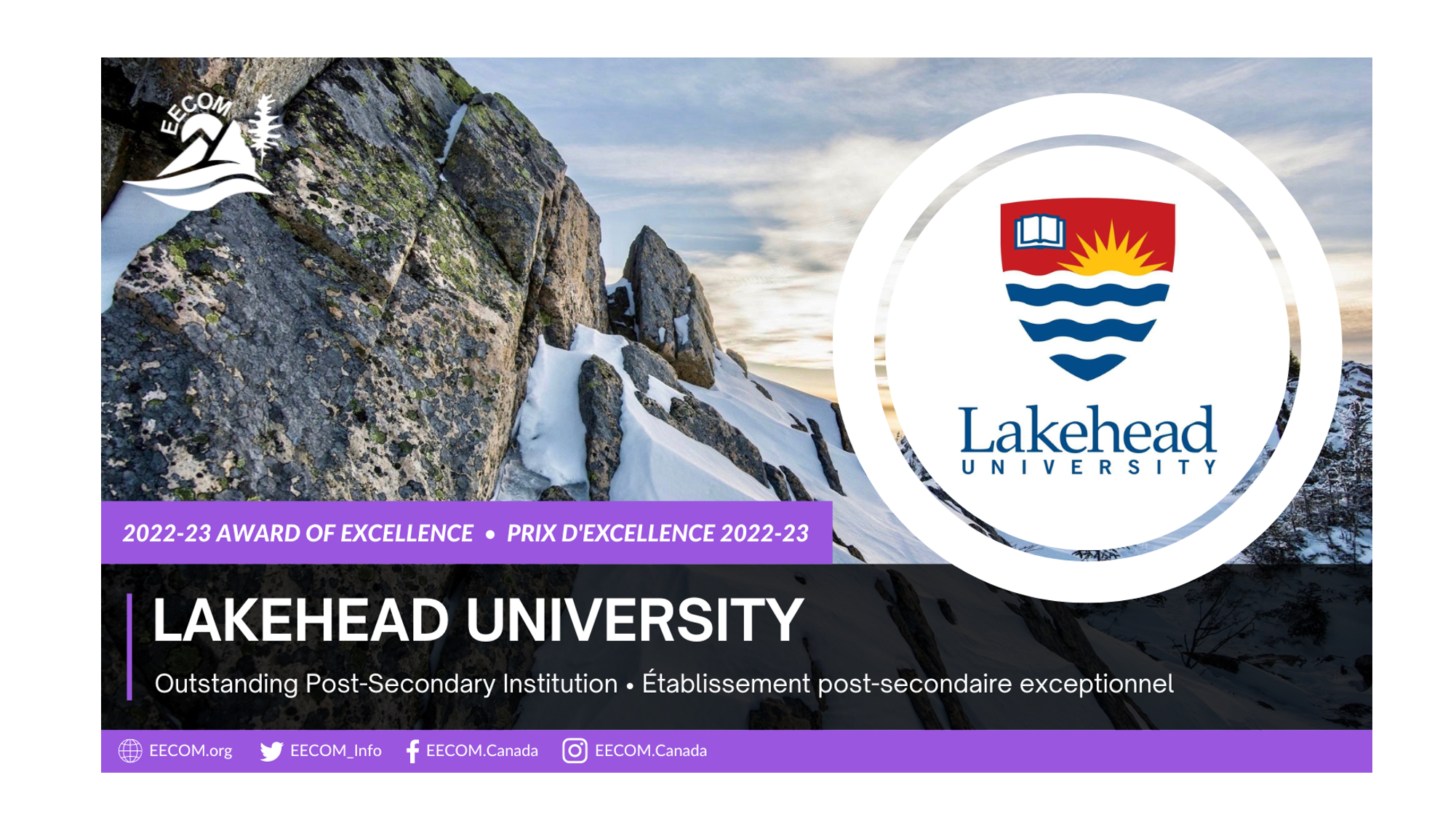“Throughout my life, I have found that setting a goal has helped me focus and stay on track,” says Christopher Behrens. “While I have experienced difficulties in my life, I believe that my determination and goal-setting approach, along with the support of others, has helped me achieve my dreams. This includes realizing my goal of becoming a Technological Education Teacher—and now, my sights are set on earning the qualifications to become a Secondary School Principal.”
In Spring 2023, Christopher graduated from Lakehead’s BA General program, earning a Chancellor’s Medal and the Dean’s Scholar Award for the Faculty of Social Science and Humanities. These awards were particularly hard-earned, given the fact he was working full-time as Head of Technological Education in the Hamilton Wentworth District School Board while completing his degree. Once again, he says his goal-setting approach helped to see him through.
“Throughout my journey at Lakehead, I set a goal of achieving 80% or higher. I very much enjoyed learning about social justice issues in the BA General program, which helped me to focus and learn. The program was fairly challenging, and I was exhausted at times, especially as I earned the degree while working full-time and experiencing some personal health concerns. However, I was pleasantly surprised to see my name on the list of award and medal winners. This means a lot to me, knowing my efforts have been recognized.”
Inspired to Teach
Christopher earned his teaching certificate in 2009, and landed his dream job two years later: teaching Technology Education in the very school he attended as a teenager. He explains that he was inspired by one of his teachers, who was a positive role model and demonstrated great care and compassion.
“My teenage years were challenging: my mom, who was suffering from cancer, passed away when I was 14 years old. I survived on my own throughout high school, living on social services and working part-time at full-serve gas stations. My Transportation Technology Teacher was a very positive force in my life during this time. He made a difference, and I wanted to do the same for other students facing similar challenges.”
Today, Christopher leads the school’s large, progressive Technology Education Department, as a Tech Honours Teacher, a Teacher Leadership Specialist, and Departmental Head. He says that having the opportunity to lead, and make a difference, is a “great feeling.”
Working to Achieve Principal Qualification
As Christopher has achieved the goals from his younger years, he has now set a new one: to become a Secondary School Principal. This requires him to further his post-secondary education—first earning his recent undergraduate degree, and now taking additional qualification (AQ) courses through the Faculty of Education’s Professional Development department. At present, he is pursuing the Principal’s Qualification Program, and will have completed the two-part program in August of 2023.
He says his educational journey will likely not end there, either.
“I have a commitment to life-long learning,” he says. “As such, I’m considering pursuing a Master’s degree in the mid-term, and perhaps even a PhD in Education Leadership in the long-term. I truly enjoy learning, teaching, and leading in education. It makes my life challenging and fulfilling, and I enjoy being in a profession where I can have a positive impact on the lives of the next generation, and my peers”.
Christopher also credits the support he has received from Lakehead, throughout his educational endeavours.
“The administrative staff, professors, and my classmates, have all been a positive influence. They are kind, professional, supportive, and encouraging. Although I have worked online for my courses, I feel very connected to Lakehead University, and the support of everyone has helped to guide me and keep me on track.”



